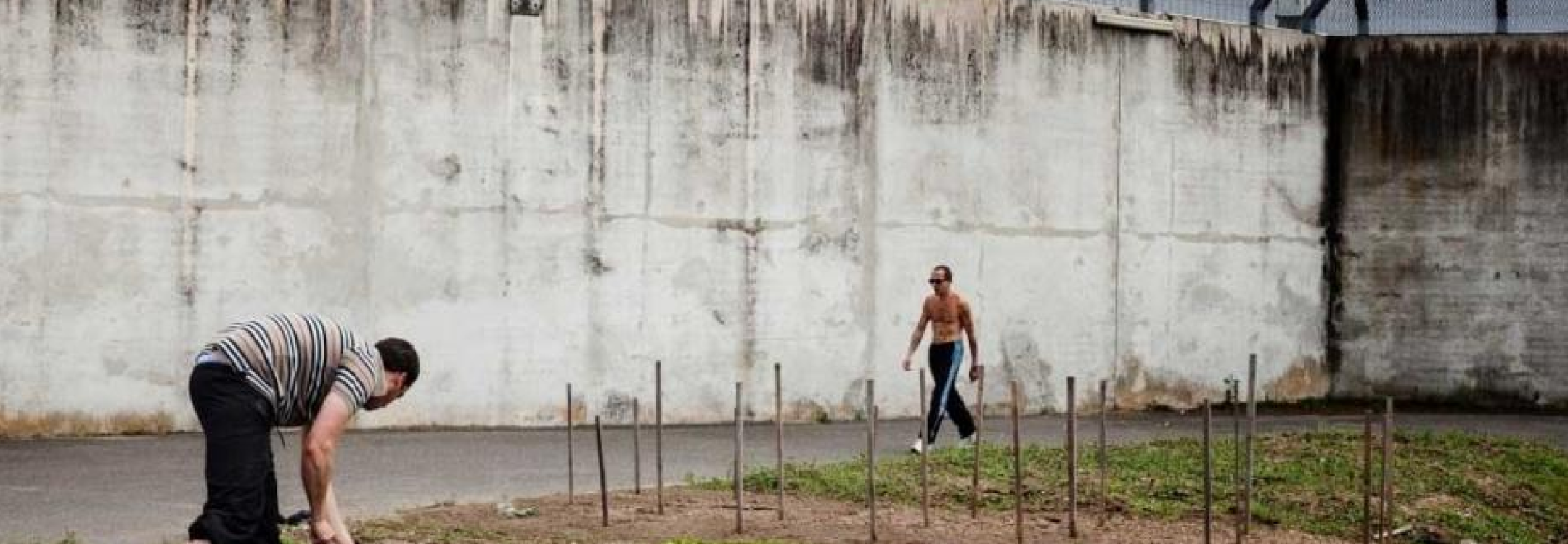Detainees are at a particular high risk of suffering abuses during the early stages of police custody, which constitutes a situation of heightened vulnerability, and when authorities are under the most pressure to extract information. Hence, one of the most effective ways to prevent torture is to ensure that all persons in custody have proper access to legal and procedural safeguards within the first moments of police custody, as the global empirical research study Does Torture Prevention Work? recently found.
The present series compiles and analyses information on the existence and implementation of key detention safeguards in various Latin American jurisdictions; and aims to support the work of National and Local Prevention Mechanisms (NPMs and LPMs) in the region by identifying good practices as well as effective measures to guarantee their implementation in practice.
The series comprises four papers on the following safeguards:
- right to notify third parties of police custody;
- right of access to a lawyer;
- right to an independent medical examination upon request; and
- right to information about the above-mentioned rights.
Each document:
- Sets out the key elements of the safeguard and its relevance for the prevention of torture and ill-treatment;
- Compiles up-to-date standards at the international, regional, and national levels;
- Illustrates and reflects on implementation practices across different jurisdictions;
- Addresses implementation challenges and provides examples for practical implementation; and
- Examines specific requirements for persons in situation of vulnerability.
This series was developed by the APT as part of a project funded by the Embassy of Germany in Panama, “Reducing the risks of torture and ill-treatment during the first hours of police detention.”
